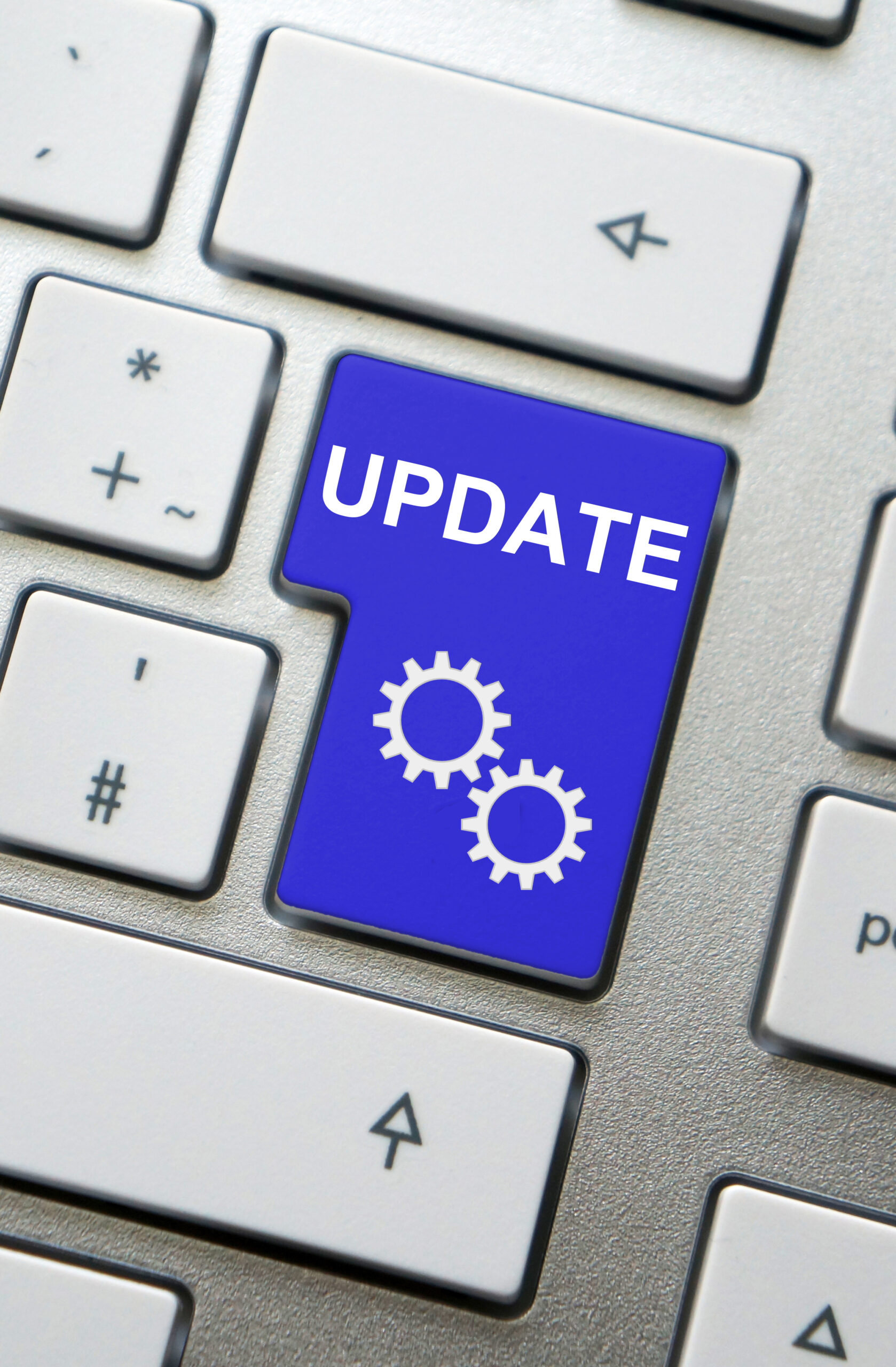![]()
Why You Should Update Your Estate Documents
And Possible Consequences if You Don’t
Life is full of changes, and your estate plan should evolve accordingly. This blog will explore the importance of updating your estate documents to reflect your current wishes and circumstances. Your estate plan is a living document that should adapt to life’s inevitable changes. Failing to update your estate documents can lead to unintended consequences, affecting how your assets are distributed and who makes decisions on your behalf.

Consequences of Outdated Estate Documents
One consequence of not updating your estate documents is that your assets could be distributed to unintended beneficiaries, such as ex-spouses or estranged relatives, potentially leading to family disputes and legal challenges. Additionally, if your appointed executors or powers of attorney are no longer able or willing to serve, this can complicate the management of your affairs during incapacitation or after your death.
Life Events Triggering Updates
Life events like marriage, divorce, the birth of a child or grandchild, and the death of a beneficiary or executor are all circumstances that should prompt a review and update of your estate plan. Other changes that could affect your estate plan include changes in financial status or relocation to another state or country. As a rule of thumb, if you have a significant life event, let that serve as a trigger to review your estate documents to see if any changes are needed.
Updating Wills and Trusts
You want to regularly review your will and any trusts to ensure they align with your current family dynamics and asset distribution wishes. If you experience changes in relationships, assets, or charitable intentions, you can reflect those changes to ensure your estate is handled according to your latest desires.
Powers of Attorney and Health Care Directives
Another aspect of your estate planning that must be current is powers of attorney for finances and health care decisions and health care directives. When reviewing these documents, verify that the person you have designated to make decisions on your behalf is still willing and able to do so. Also, make sure your health care directive reflects your current health situation and preferences for medical treatment and end-of-life care.
The Impact of Tax Law Changes
One last reason to implore you to review your estate plan continually is that tax laws constantly evolve. Tax law changes can significantly impact your estate’s tax liability. Taking the time to periodically review your plan with your tax advisor or estate planner can help minimize the tax burden on your estate, ensuring more of your assets go to your beneficiaries.
Beyond recognizing the crucial need for updates, the following are specific steps you can take to ensure your estate plan remains effective.
![]()
Five Steps to Ensure Effective Estate Documents
1.) Regularly Review Estate Documents
How often should you do this? Conduct a comprehensive review of your estate documents every three to five years or sooner if a major life event occurs. This update ensures that all elements of your estate plan are up to date and reflect your current wishes and legal standards.
2.) Consult with Estate Planning Professionals
Work with estate planning professionals, including attorneys and financial planners, to ensure your documents are legally sound and optimized for your situation. These experts can provide guidance on complex issues and help navigate changes in laws and regulations.
3.) Communicate Changes with Family
Keep open lines of communication with your family about your estate plan and any updates you make. This transparency can reduce misunderstandings and conflicts after your passing, ensuring a smoother transition and execution of your wishes.
4.) Secure and Organize Important Documents
Ensure your estate planning documents are securely stored yet accessible to those who will need them. Consider getting a fireproof safe, a bank safety deposit box, or a digital estate planning service. You also want to provide clear instructions on accessing these documents when necessary.
5.) Incorporate Digital Assets
Lastly, don’t forget to include digital assets in your estate plan, such as information about your social media accounts, digital currencies, and online banking accounts. Your estate plan should include guidance and legal power for executors to manage these assets.

As you can see, regularly updating your estate planning documents is crucial. This proactive approach will help safeguard your legacy and provide peace of mind for you and your loved ones.
Thanks for reading our blog. Remember, we believe you can have a flexible life plan to achieve more of what you love: more financial confidence, more for your family, more freedom, and more choices.
Chris Zeches is a Certified Financial Planner® and Managing Partner at Zeches Wealth Management. Zeches Wealth Management has one singular focus: To use our financial planning and tax expertise to help multi-generational families and business owners achieve more of what they love.
![]()
Have A Question?
If you have questions that are specific to your family's situation, feel free to contact us and we will do what we can to help.